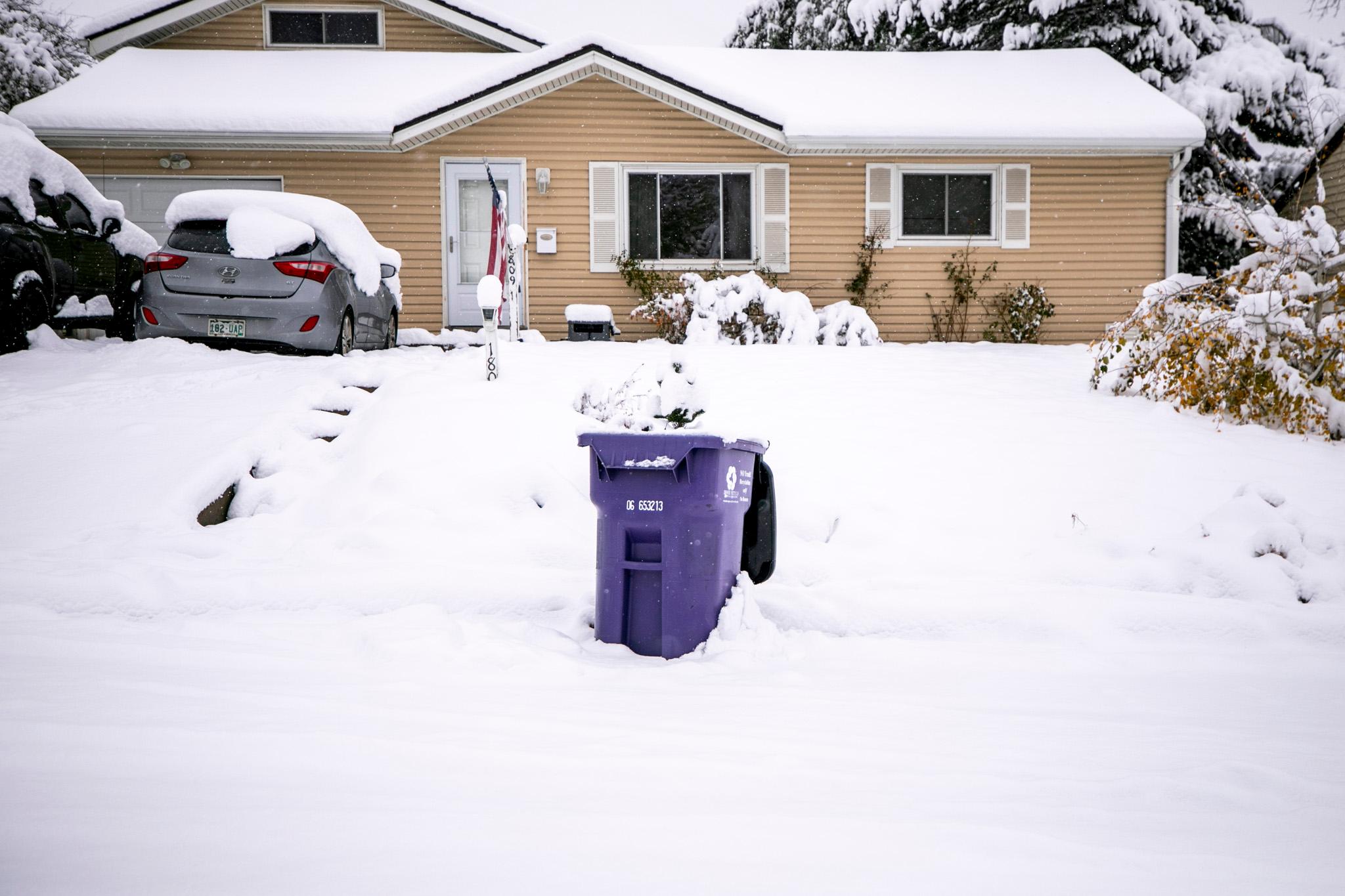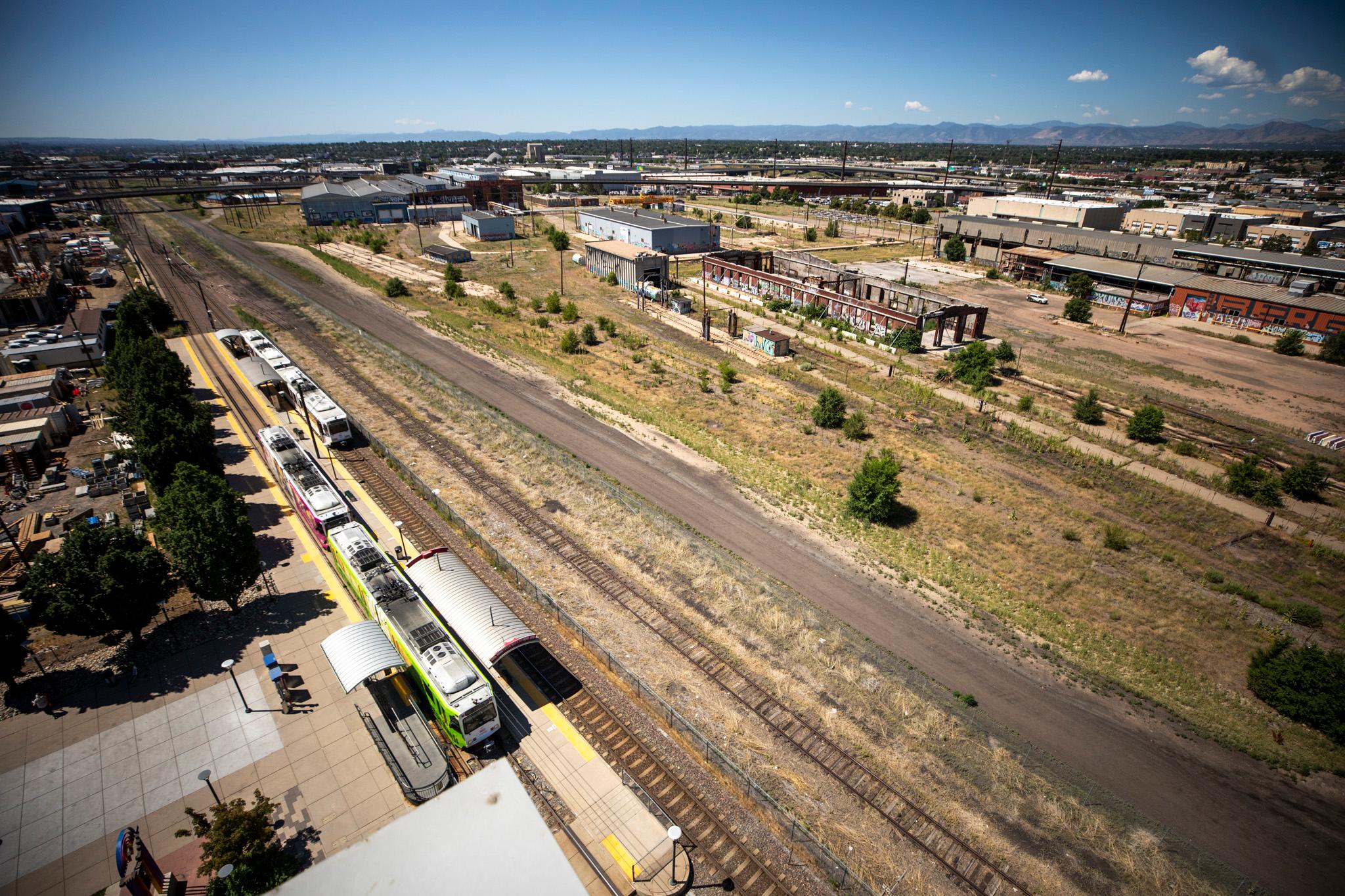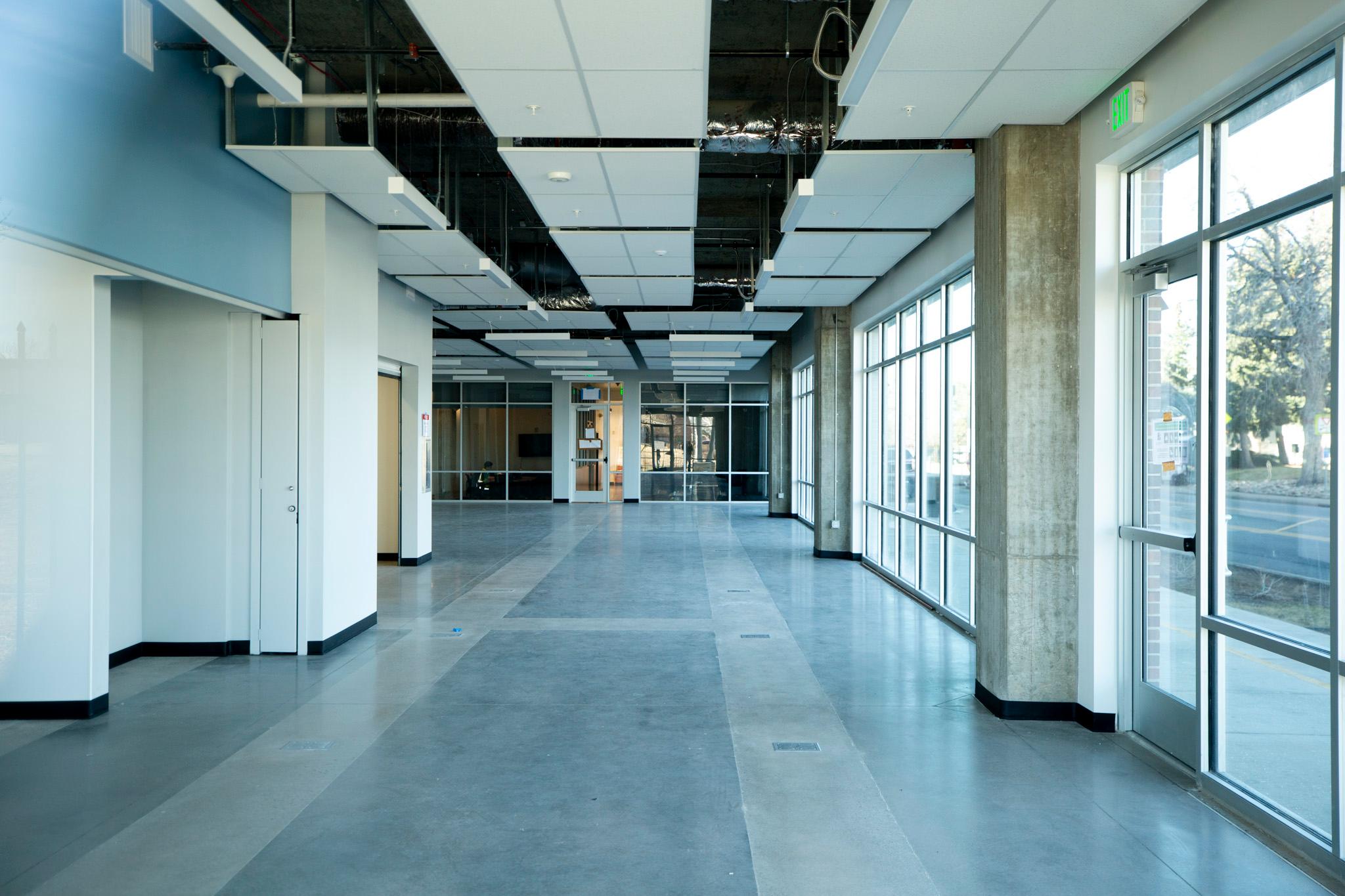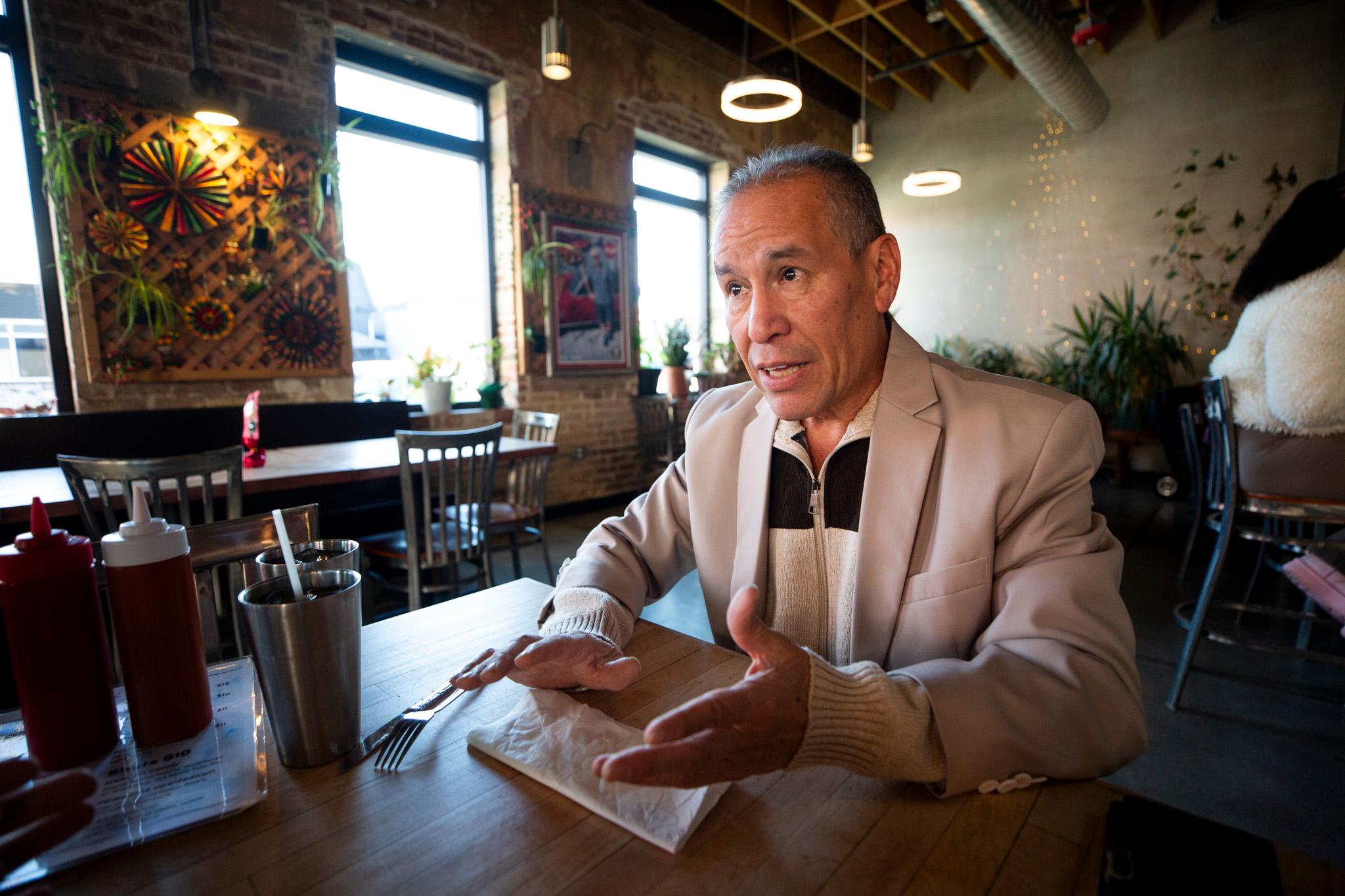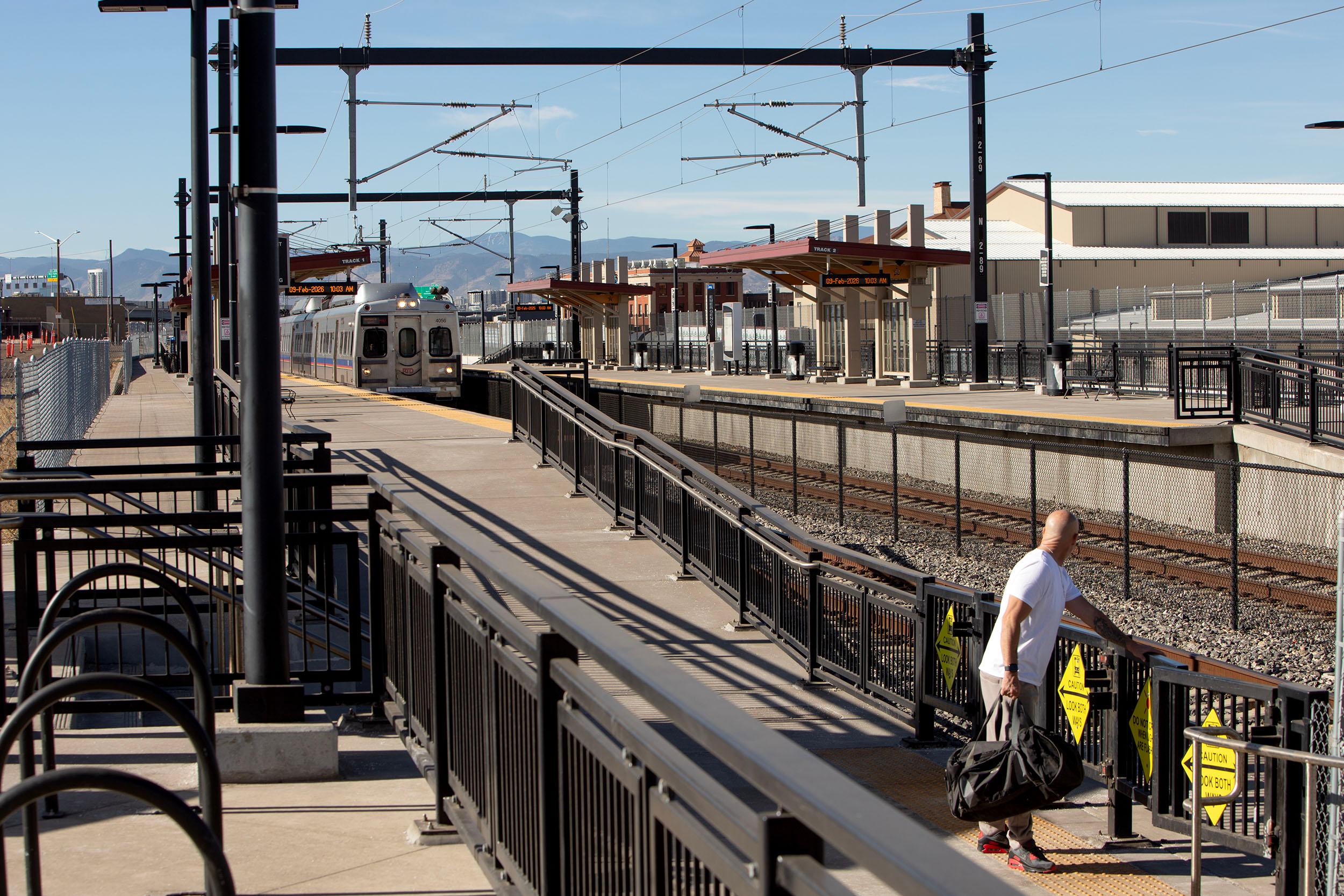In a blast from the not-so-distant past, Denver will pick up recycling every two weeks, instead of every week.
Back in 2022, Denver had announced an ambitious new trash plan, switching its recycling service to more frequent weekly pick-ups. But, on Thursday, Mayor Mike Johnston announced they were rolling that policy back.
“Right now, most Denverites are only using about half of their recycling capacity, which means we are running recycling trucks every single week to pick up bins that are only half full,” Johnston said.
Johnston said that even when recycling bins are full, it’s usually just because residents aren’t breaking down cardboard boxes. (Ed. note: Some of the offenders live in my house.)
The initial schedule change came as Denver shifted towards a pay-as-you-throw system, which aimed to encourage recycling and composting over landfill. That’s had mixed results — and the city is unlikely to reach its goal of recycling or composting 50 percent of its waste by 2027. Right now, the city is at about 26 percent, a marginal improvement from before the change
The weekly recycling pick-up meant the city’s waste trucks — which only get 2.5 miles per gallon — were driving an extra 170,000 miles per year. City officials said earlier this year that was creating 1,200 tons of climate-warming carbon emissions with minimal results.
Instead, the city will focus on composting.
The Department of Transportation and Infrastructure will use the freed up trucks and staff hours to expand composting service.
Johnston said all remaining neighborhoods without composting service will get it by March 15. Those without compost will be asked by the city to choose what cart size they want by January 10.
While composting is available in most Denver neighborhoods by now, composting rates are low. DOTI executive director Amy Ford said only about 6 percent of the waste the city receives is from compost bins.
“We as a community have the capacity to divert up to 75 percent of our trash,” Ford said. “That's about 50 percent on our compost side and about 25 percent on our recycling side.”
While recycling is moving to twice-a-month, compost and trash will continue to be picked up on a weekly basis.

